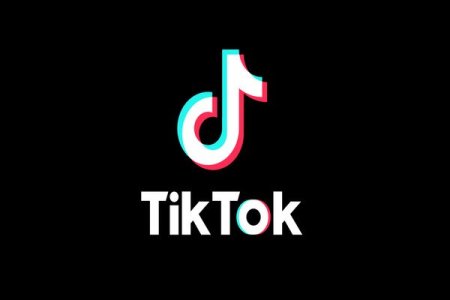
The Nigerian government has begun deducting a N50 electronic levy on transactions over N10,000 from users of fintech platforms like Opay, Moniepoint, and Kuda. The levy, introduced under the Finance Act 2020, aims to increase government revenue but has faced opposition from Nigerians, including student groups.
The Nigerian government has officially started enforcing a N50 electronic levy on transactions of N10,000 and above, impacting users of popular fintech platforms such as Opay, Moniepoint, and Kuda. This Electronic Money Transfer Levy (EMTL) was introduced under the Finance Act of 2020 and was scheduled to take effect on December 1, 2024.
The N50 charge is applied to every electronic transfer above the N10,000 threshold. The levy is collected from the recipient of the transfer, and fintech companies, including Opay and Moniepoint, have clarified that the charge is remitted to the Federal Inland Revenue Service (FIRS) and does not benefit the platforms.
Despite the government’s official stance, the EMTL has faced strong opposition from various groups, including the National Association of Nigerian Students (NANS), which has publicly called for the levy’s reversal. These groups argue that the new charge is an additional financial burden on Nigerians, particularly students and low-income earners who frequently use these platforms for financial transactions.
Both Opay and Moniepoint have communicated the new development to their customers through notifications, stating that they are simply acting in accordance with government regulations. Moniepoint also reassured users that the N50 charge would be directly remitted to the FIRS.
As the implementation moves forward, it remains to be seen whether there will be any further pushback or adjustments from the federal government regarding this levy.





